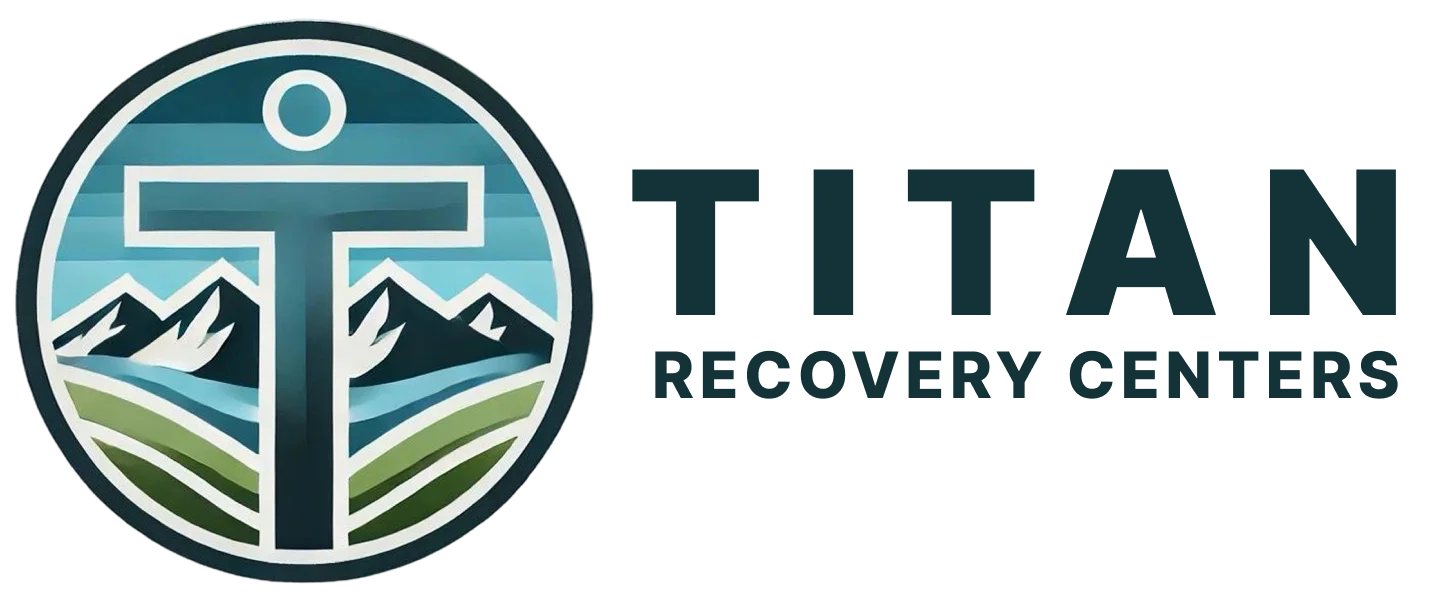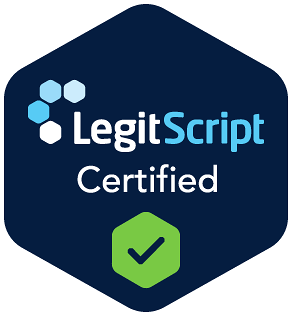Addiction and Mental Health Treatment in Las Vegas—Start Where You Are
No two people experience stuggles the same way. That’s why treatment shouldn’t be one-size-fits-all. At Titan Recovery Centers, located in Las Vegas, Nevada, we provide a full continuum of care—from our PHP to residential inpatient treatment—to help individuals across Clark County and Henderson build lasting recovery.
Whether you’re searching for mental or behavioral health treatment near you or supporting a loved one from afar, our Nevada-based team is here to help.
Our Levels of Care in Las Vegas
Titan offers two core treatment programs designed to support individuals at every stage of early recovery:
Medical Detox in Las Vegas
The first step in recovery, detox focuses on safely managing withdrawal symptoms under 24/7 medical supervision. Our Las Vegas detox program is staffed by experienced professionals and designed for safety, comfort, and support.
Residential Inpatient Treatment in Henderson
Residential care provides the structure, therapy, and peer support needed to address the emotional and behavioral sides of one’s struggles. Our inpatient program in Las Vegas offers full-time support in a peaceful, recovery-focused environment.
A Personalized Approach to Recovery
When you arrive at Titan, we begin with a full assessment of your medical history, substance use, and mental health. From there, we create a treatment plan tailored to your unique needs.
As you progress through inpatient treatment, your plan will evolve with you. And when it’s time to transition out of residential care, we help you take the next step—whether that’s a partial hospitalization program (PHP), or an intensive outpatient program (IOP) in Las Vegas.
Find Mental Health Treatment Programs Near You
If you’re searching for behavioral health treatment programs near you, Titan Recovery Centers is here to help. Located in Las Vegas and serving Henderson, we offer comprehensive care for individuals ready to take the first step toward wellness.
Whether you’re looking for:
- Mental Health therapy
- Residential Program
- A place to start healing close to home—
You don’t have to look any further. Tita combines expert clinical care with local convenience, so you can begin your recovery journey without having to leave Nevada.
Addiction Treatment Program in Las Vegas – FAQs
Addiction treatment at Titan Recovery Centers in Las Vegas combines medical detox, individual and group therapy, and structured programs designed to help you regain balance in your life. Every plan is personalized — whether you need the stability of residential treatment or the flexibility of outpatient care, our team builds the right path for you.
Yes. Your privacy is always protected. Our Las Vegas programs are fully confidential so you can focus on recovery without worrying about your information being shared.
Absolutely. Many clients from Henderson, Paradise, and Spring Valley choose Titan Recovery Centers in Las Vegas because we offer specialized care, licensed staff, and amenities that smaller programs may not provide. Our central location makes it easy for people across Clark County to access quality treatment.
If substance use is starting to affect your health, work, or relationships, our admissions team can help you determine which program best fits your needs. A confidential assessment is the first step toward building a recovery plan that works for your life.
Most major insurance plans cover some or all of the cost of treatment. Our Las Vegas admissions team verifies your benefits quickly and explains your options so you know exactly what’s covered before you begin care.
Yes. Our Las Vegas center serves people from across the valley — including North Las Vegas, Henderson, Paradise, and Spring Valley. No matter where you’re starting from, we’ll help you access treatment close to home.
Insurance and Admissions for Nevada Residents
Titan accepts most major insurance providers and offers quick, confidential insurance verification. If you live in Las Vegas, Henderson, or surrounding Nevada communities, our admissions team is ready to walk you through the process and get you started.
Get Behavioral health Treatment in Las Vegas Today
Choosing the right treatment program is a big step—but you don’t have to make it alone. If you’re searching for residential treatment or therapy services in Las Vegas or Henderson, Titan Recovery Centers is here to help.




